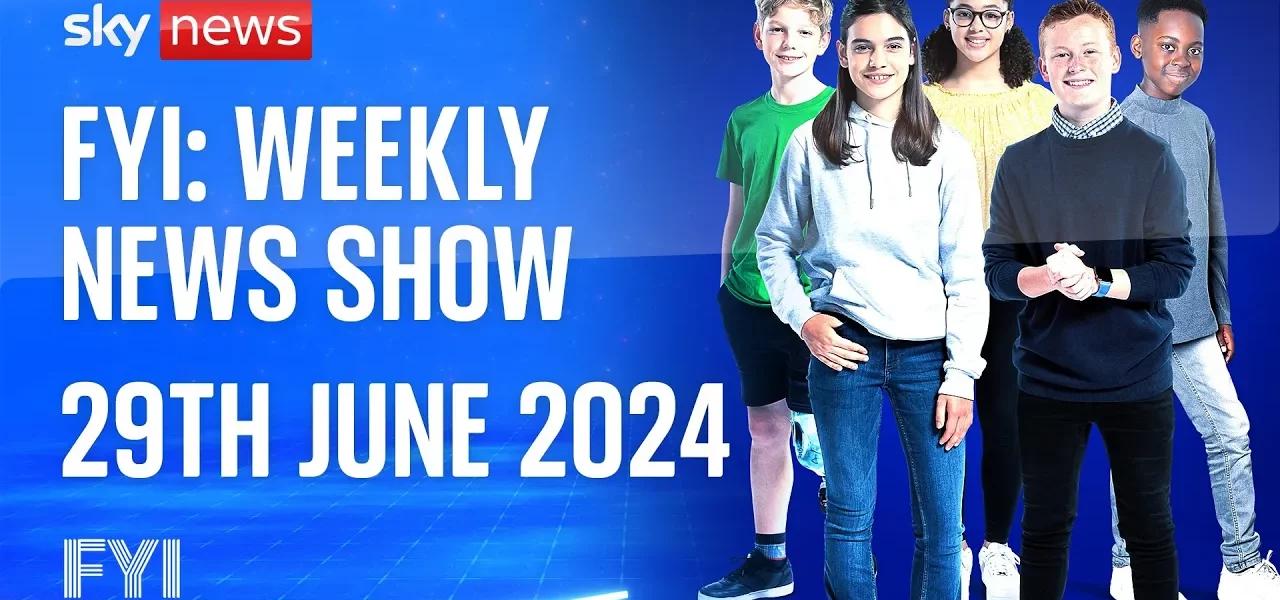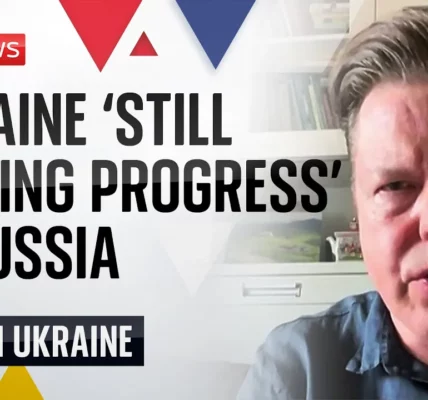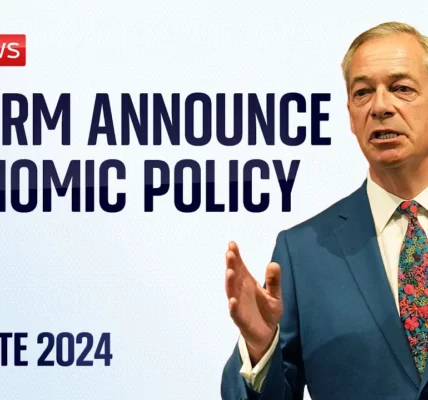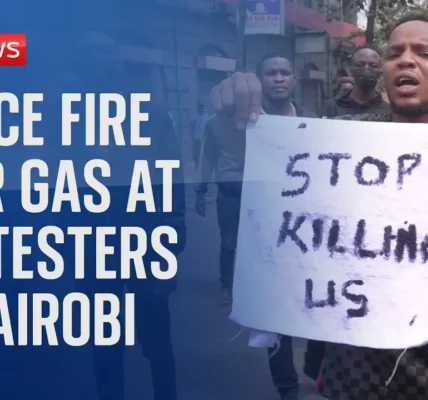The Impact of Mock Elections and Youth Perspectives on the Future

This article delves into the significance of mock elections for under-18s in the UK, highlighting the importance of youth voices in shaping political discourse and their aspirations for the future.
Introduction
The upcoming general election in the UK on July 4th brings to light the voices of young people who, despite being unable to vote, are keenly aware of political issues that affect their future. Through initiatives like Our Generation Our Vote, thousands of schoolchildren have engaged in mock elections, allowing them to express their opinions and preferences regarding political parties and policies. This article explores the findings from these mock elections, the opinions of young voters, and their career aspirations, showcasing the importance of educating the youth about politics and their futures.
The Importance of Mock Elections
Mock elections serve as a crucial platform for young people to engage with political processes. They provide an opportunity for students to learn about different political parties, their manifestos, and the electoral process itself. Through these participatory experiences, young people are better equipped to make informed decisions when they eventually gain the right to vote.
Encouraging Political Literacy
Understanding the political landscape is essential for young voters. Mock elections encourage students to:
- Research party manifestos and policies.
- Discuss political issues with peers and educators.
- Formulate their own opinions based on facts rather than social influences.
Empowering Youth Voices
Initiatives like Our Generation Our Vote emphasize that young people’s opinions matter. Engaging in mock elections allows students to:
- Express their views on issues that affect them, such as climate change, education, and healthcare.
- Feel a sense of agency and empowerment in the political discourse.
- Prepare for future engagement in democratic processes.
Insights from Mock Election Participants
With over 23,000 votes cast in recent mock elections, the results reflect the priorities of young voters across the UK. The leading party was the Labour Party, followed closely by the Green Party, indicating a strong focus on environmental issues among youth voters.
Key Political Issues
Participants expressed varied opinions on the political parties and their pledges. Some notable concerns included:
- Commitment to achieving net-zero emissions by 2045.
- Increased investment in renewable energy sources.
- Improving healthcare services by hiring more nurses.
Differences in Perspectives
Many students feel that their priorities differ from those of adult voters. Young people often focus on long-term issues rather than immediate concerns, emphasizing the need for policies that will shape their future.
Future Aspirations of Young People
Alongside political engagement, the aspirations of students regarding their future careers were also explored. Various students shared their dreams and goals, highlighting the diversity of interests and ambitions:
Career Aspirations
Students expressed interest in various fields, including:
- Engineering and technology, emphasizing a desire for hands-on work.
- Performing arts, with aspirations to become actors or actresses.
- Healthcare, particularly in roles such as anesthesiologists.
- Aviation, with dreams of becoming pilots.
Educational Needs
Students voiced the need for educational reforms to better prepare them for the workforce. Key suggestions included:
- Implementing finance education in schools.
- Providing career advice from an earlier age.
- Creating more skill-based opportunities rather than solely academic-focused programs.
Conclusion
The mock election initiative has proven to be a vital tool in empowering young people by giving them a platform to express their views on political issues that matter to them. As they prepare for their futures, it is crucial that their voices continue to be heard in the political arena. Educators, policymakers, and society at large must recognize the importance of engaging youth in political discussions and ensuring they are equipped with the knowledge and skills necessary to thrive in a democratic society. Moving forward, let us support initiatives that encourage young people to be active participants in shaping their future.
For further insights on youth engagement and education reforms, check out our related articles on youth engagement and education reforms.
“`




